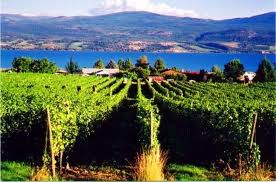My term paper focussed on the growth of Madrid throughout the eighteenth and nineteenth centuries. I really enjoyed researching for my paper because I knew nothing about Madrid before this assignment, and now I have a greater knowledge of how Madrid came to be the city that it is today!
The information that was most intriguing to me, was from Carlos Sambricio`s piece “Arcades in Early Nineteenth-Century Madrid”, and his discussions on the Puerta del Sol. It was recorded as the best known and busiest place within Madrid, and the heart of the city. As the center of the city, it was used immensely for transportation, communication, and entertainment. When it was first created, medieval suburbs began to surround the Puerta del Sol and created it to be a central meeting place from then on. Within the Puerta del Sol there are a lot of famous buildings and landmarks. For example, mounted in the square is the statue of Charles III of Spain. Such monuments create a historical feel for the lively square and in 2011, the square had been established as a focal point and a symbol for ongoing Spanish democracy. Overall, I truly enjoyed digesting all of the information on Madrid that I researched, and thought that Sambricio`s piece, “Arcades in Early Nineteenth-Century Madrid” was the most effective in describing how influential the Puerta del Sol was as the center of Madrid.
//


